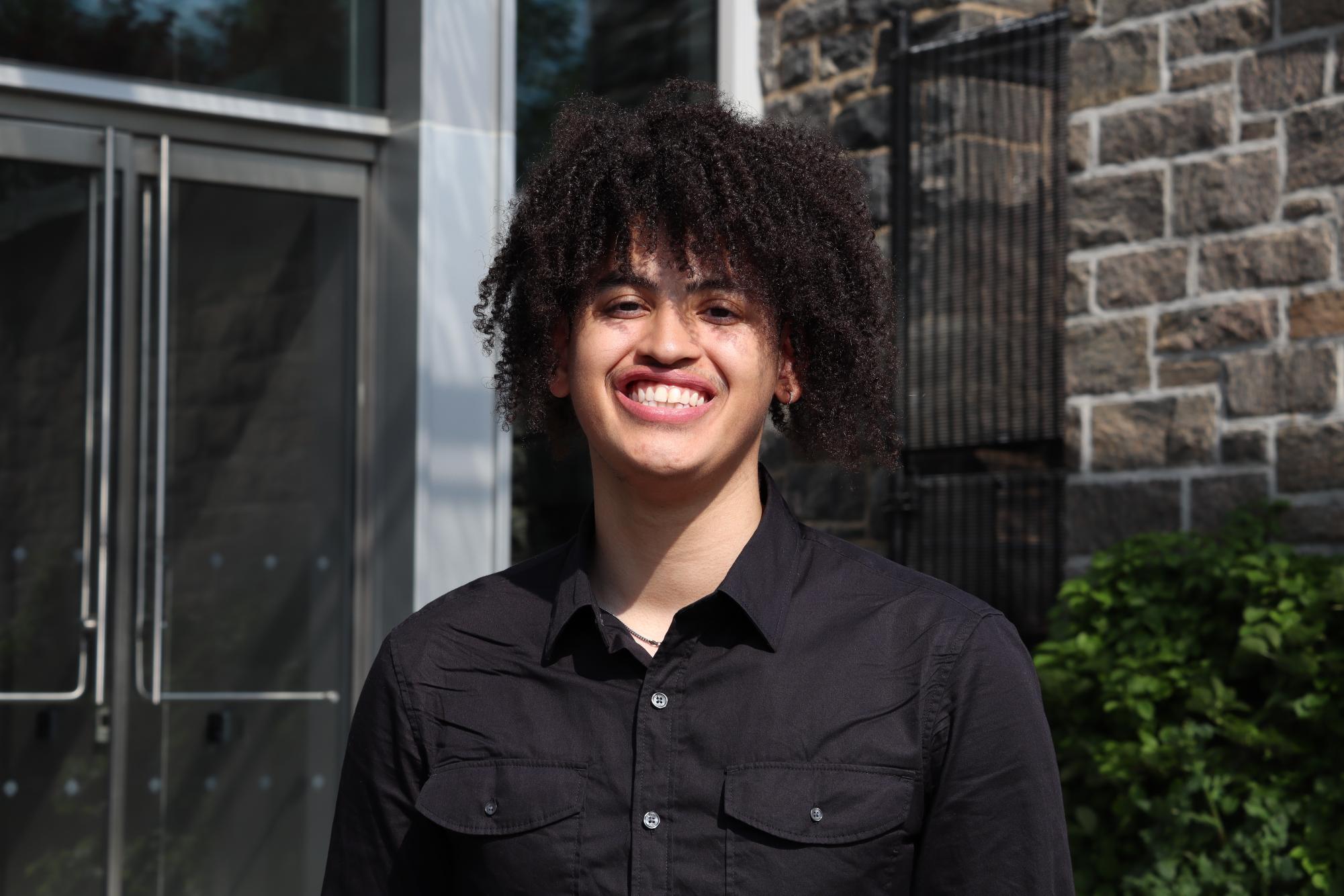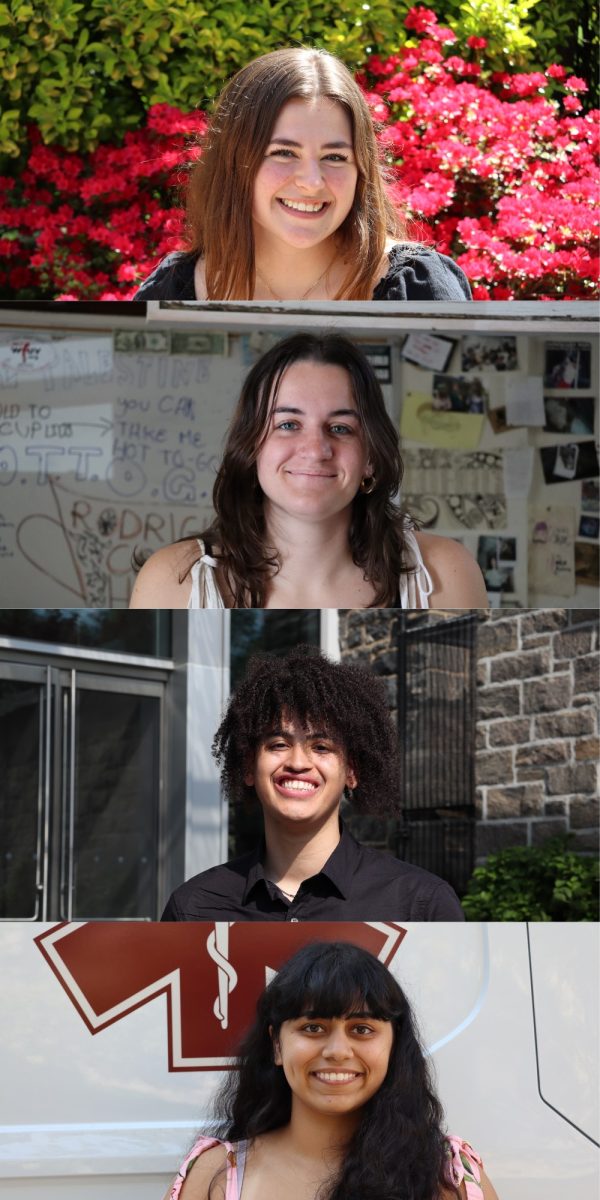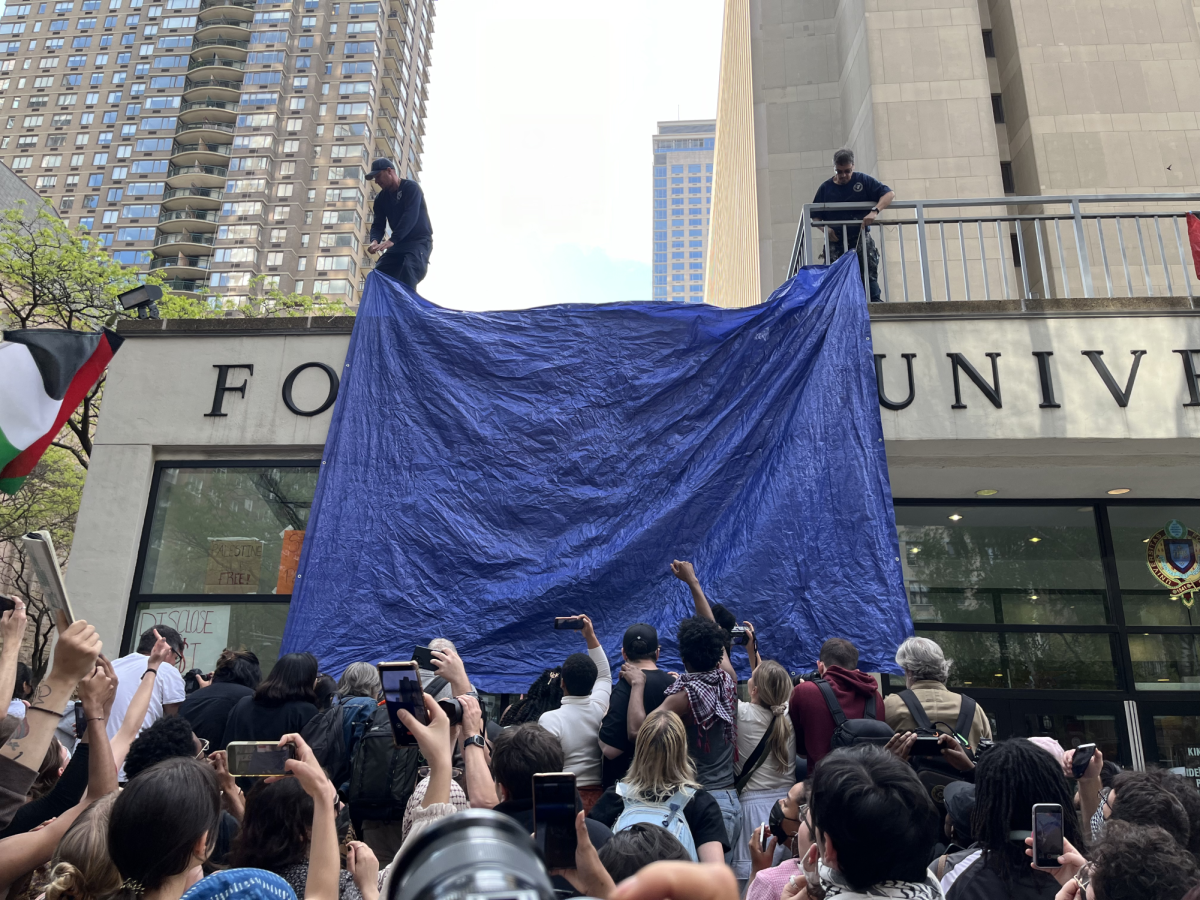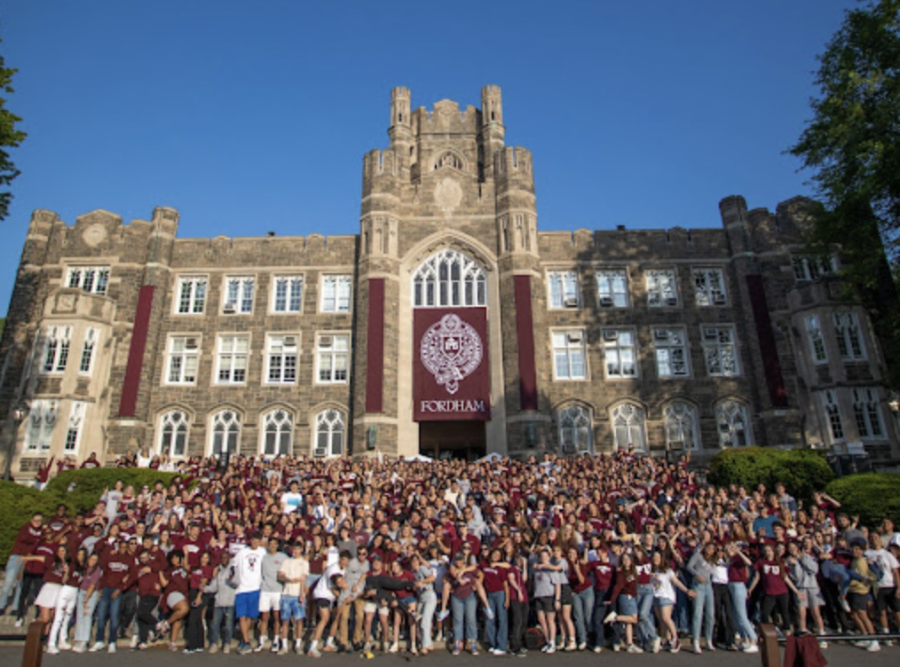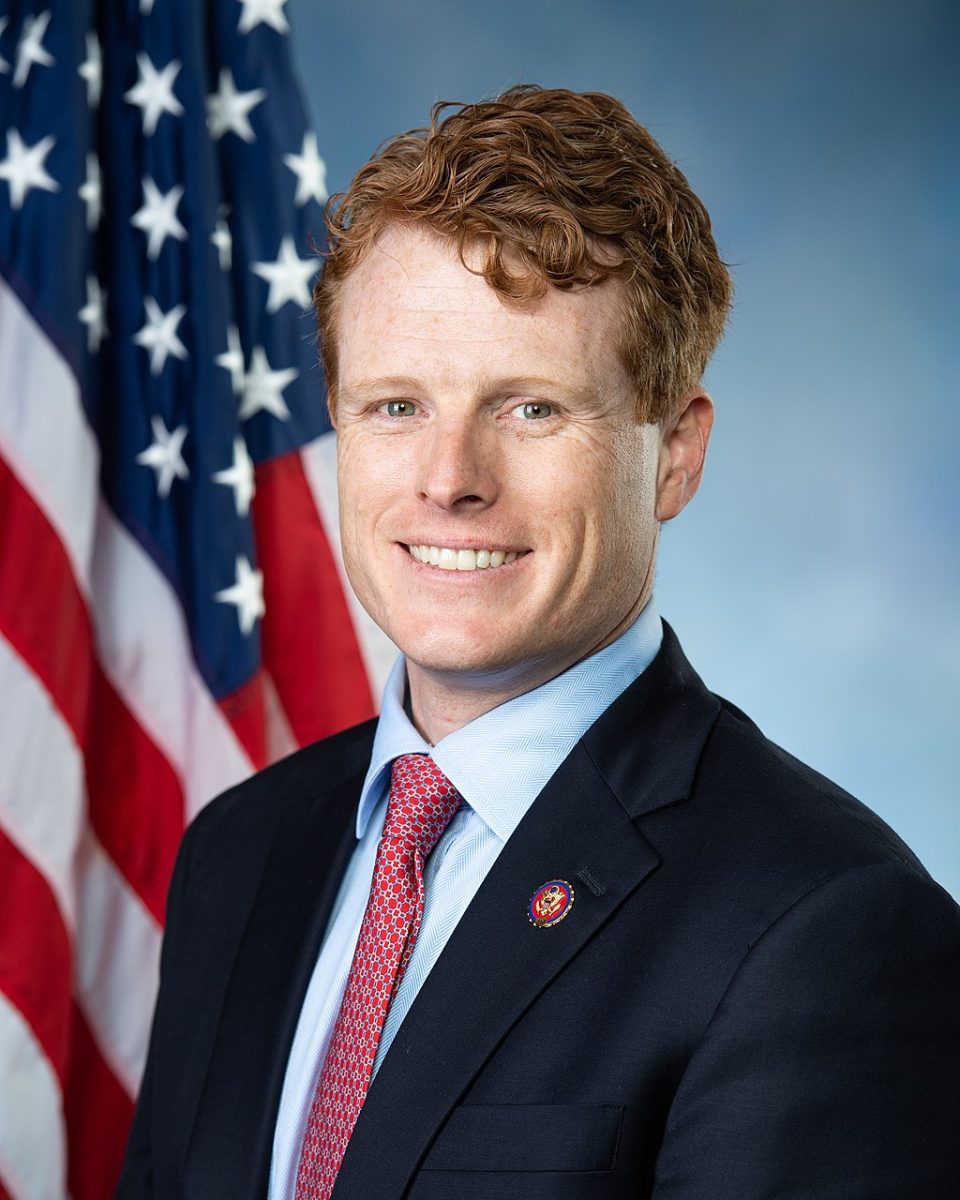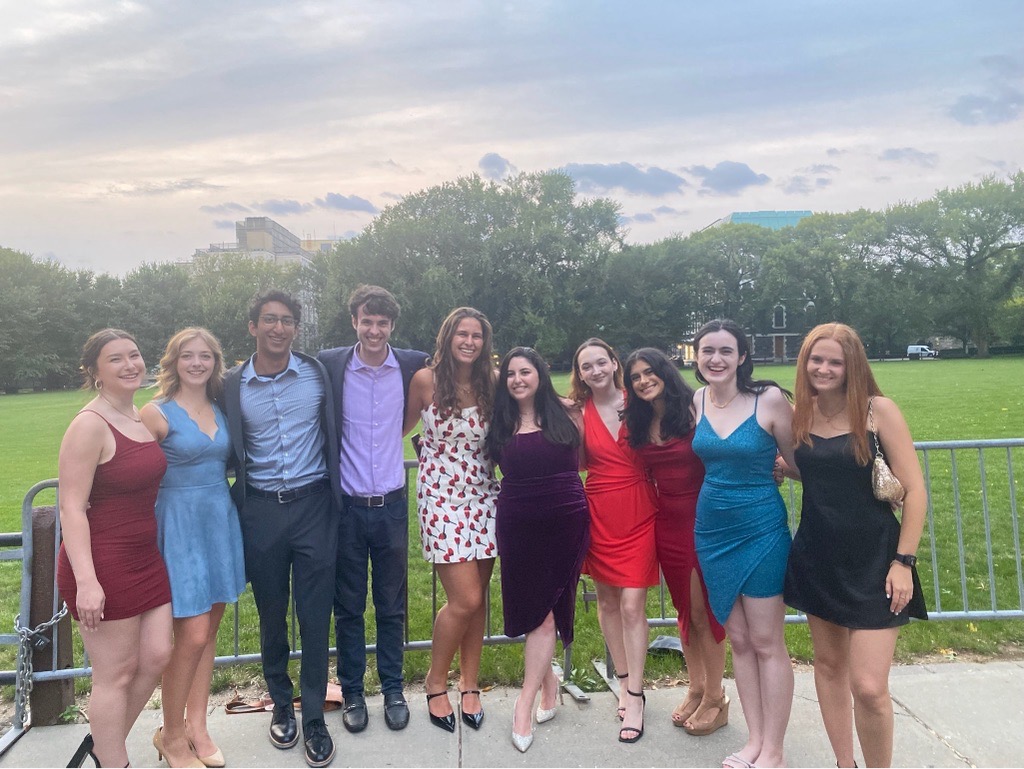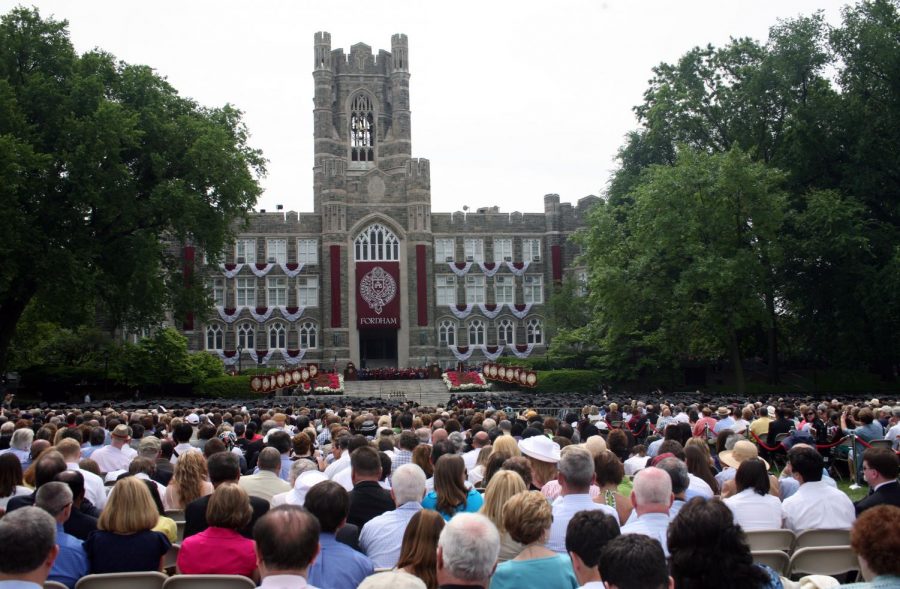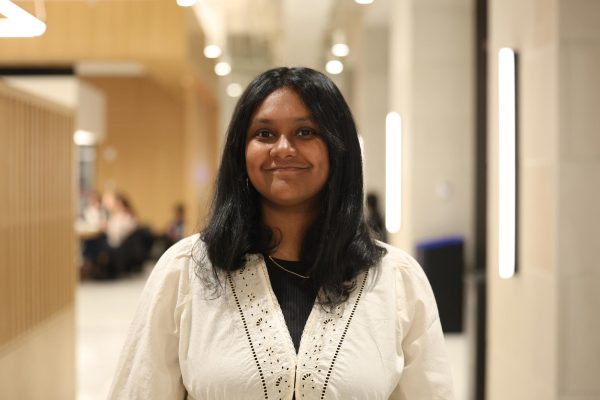Julia Parsenios, FCRH ’24, is an English major who describes her time at Fordham University as deeply fulfilling and educational. “I don’t know if I have a favorite moment, but I would definitely describe it as a big period of growth and development in my life. I feel like I learned so much about what direction I want to take in life and who I am as a person and the people I want to surround myself with.”
Her post-graduation plans involve an international move. “Right now, I’m moving to Mexico in May to work at an orphanage. I’m not exactly sure how long I’m staying, but after that, I’m definitely going back to school to pursue further education in literature.”
When asked about advice, Parsenios advised underclassmen to “get your core done as soon as possible so that you can take whatever classes you want, and also be involved in as much as you can without stressing yourself out.”

Maura Mulvihill, FCRH ’24, is a Spanish and psychology double major who is the current president of Rodrigue’s Coffee House and is involved with Fordham Experimental Theater (FET)’s stand-up and sketch comedy groups and orientation. Mulvihill notes that her second-to-last week of classes was her most cherished time at Fordham. “I would say the entirety of the last week has been my favorite time at Fordham. I had my last Rod’s concert ever and my last stand-up show ever. And I think it’s just very representative of everything I’ve put my time and effort into over the last couple of years.”
Her post-graduate plans are to pursue a career in the music industry. When asked to give advice to underclassmen, Mulvihill said, “Live in the moment. Don’t worry about the future too much. But I would say figure out what it is that you really, really love doing and dedicate your time to that. It could be the most crazy intense thing ever, but as long as you love doing it and you feel like you could spend every day for the rest of your life doing it, it’ll be worth it and it’s probably what you’re meant to be doing.”
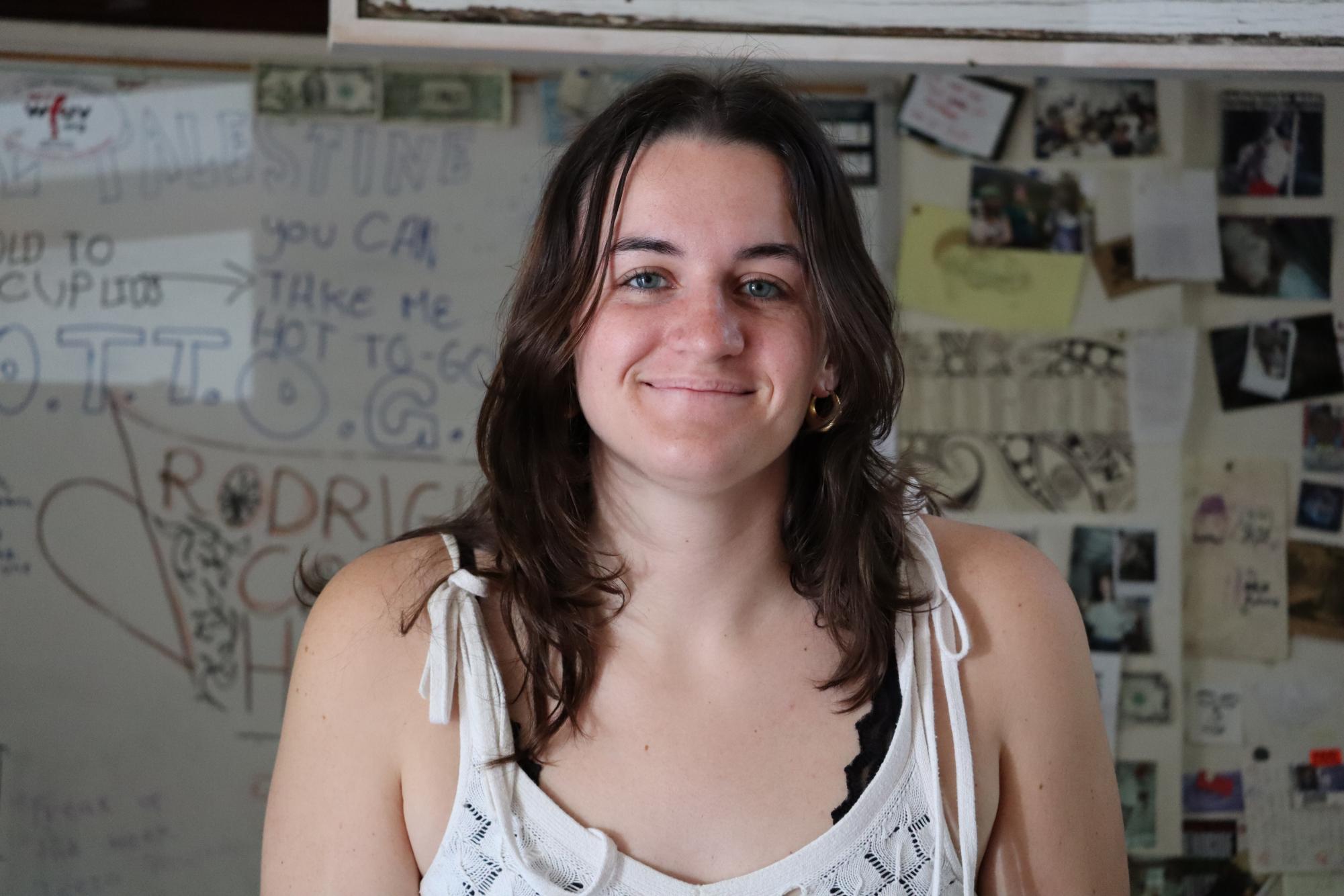
Nicole Kilada, FCRH ’24, is a Spanish studies and history double major with a minor in biological sciences on the pre-med track. Kilada is currently Chief of Medical Staff for Fordham EMS (FUEMS) and is involved with the Honors program, Rose Hill Society and Fordham Political Review.
A key moment for Kilada was joining FUEMS, where she began as an EMT and eventually worked her way up to becoming chief of the organization. “FUEMS has taught me how to be more out there and stand my ground. I think I’m like the fifth or sixth female chief in all of FUEMS history. Coming into such a male dominated field, FUEMS really taught me how to stand my ground and not take the pushback from not being what they think the chief of FUEMS should look like.”
Kilada’s post-graduate plans are to attend medical school in the upcoming fall semester. Her advice to first-years: “Slow it down and just do things that pique your interest and explore different things because you never know where you’ll find your niche. So, just take a breath, relax and enjoy the ride.”
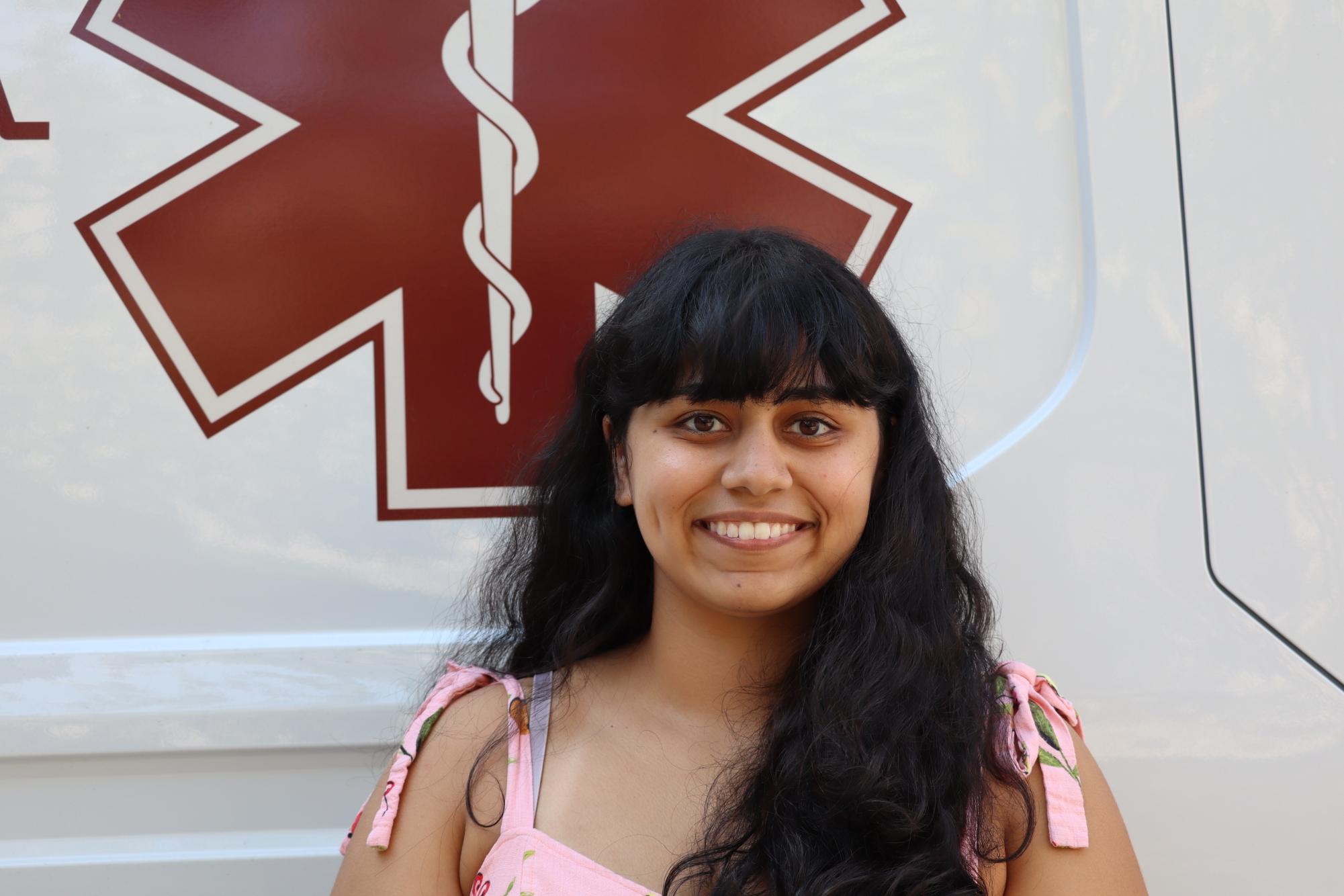
Alan Ventura, FCRH ’24, is an American studies major with minors in music and history. Ventura is currently president of El Grito de Lares, the Latine student alliance, and vice president of ASILI, Fordham’s Black Student Alliance.
Reflecting on his past four years, Ventura noted the importance of his Fordham community. “The last four years, just personally, have been crazy. How that translates to my role here at Fordham, being a leader of a few organizations and taking on so many classes — it can be a struggle sometimes. But I think all in all, with the community that’s already here, with the friends I was able to make here and just the culture — that is the biggest thing about Fordham — that kind of got me through those four years.”
Ventura’s post-graduate plans involve working at his high school as an alumni mentor and completing a master’s in public media through Fordham’s 4+1 graduate program. Ventura advises underclassmen to find community at Fordham. “Find your group, and find it quick. If there’s something in the area that’s happening, go to it. If a group of people say ‘Hey, we’re gonna go eat some food, you want to come with us?’ Go with them. You want to build those connections quick, because those connections are the things that you’re going to most remember looking back four years ahead.”
